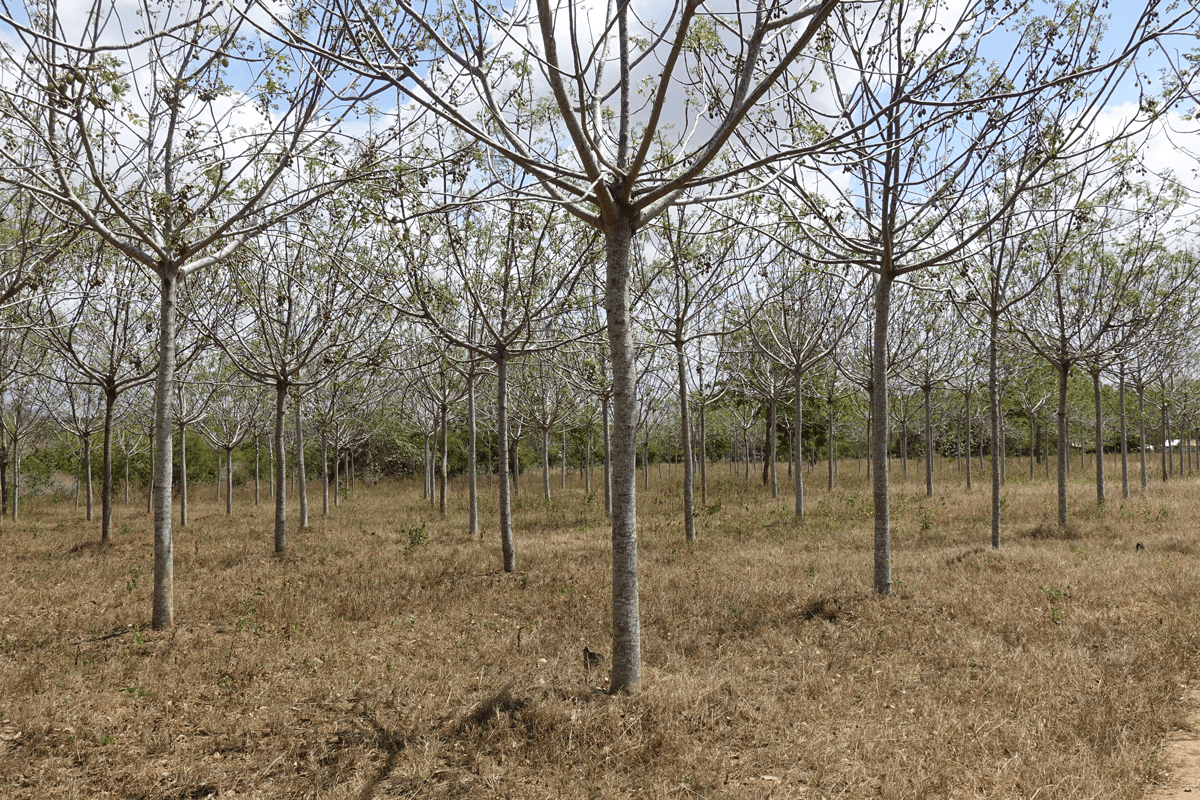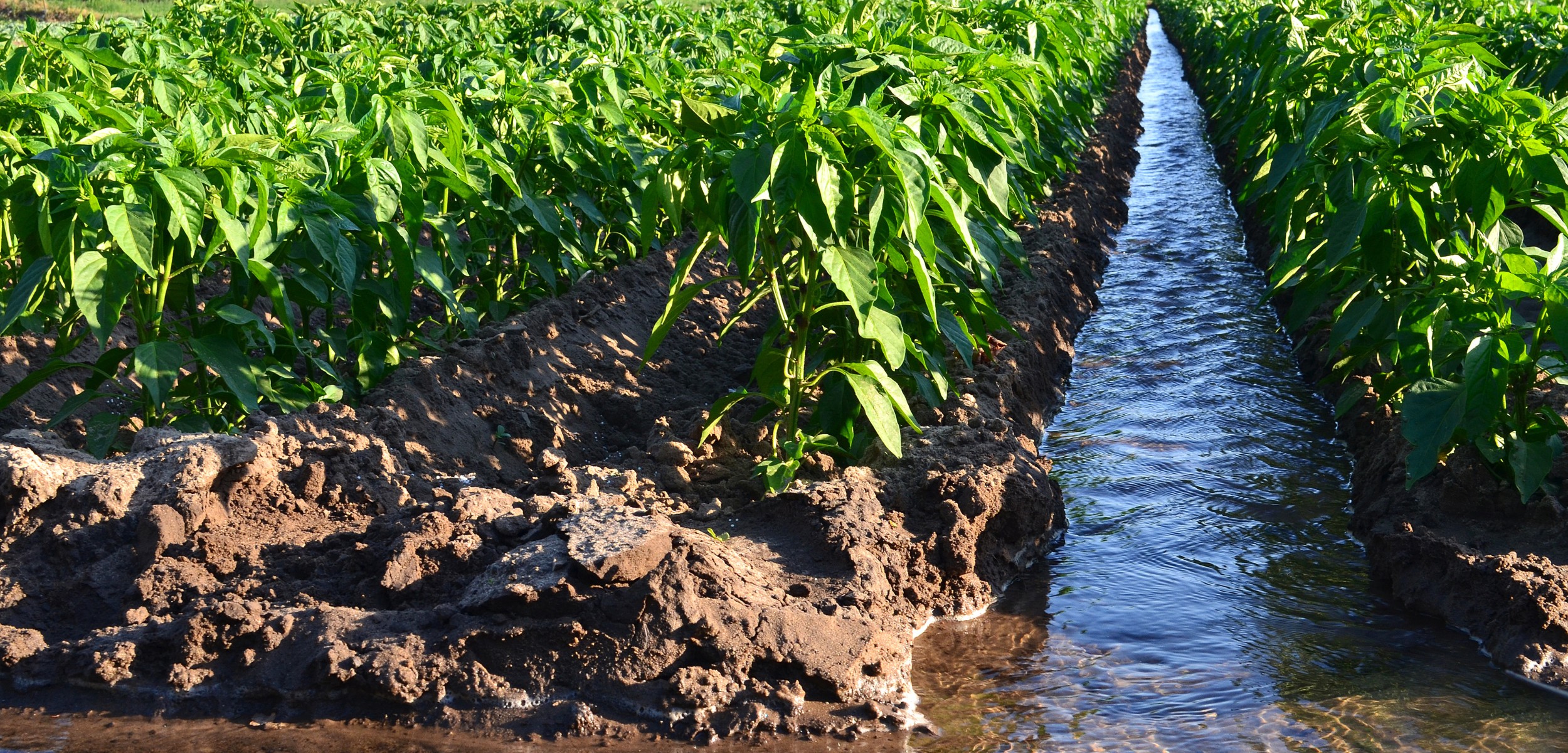2018 Global Lab proponent Komaza was selected as one of the first businesses to receive investment from Conservation International’s new fund, and was featured in an article in Fast Company. View the original article here.
—
By Adele Peters, 29 August 2019 –
Komaza, a “microforestry” startup in Kenya that pays farmers to raise tiny plots of trees for wood, isn’t the type of business that can easily get traditional investment. But the nonprofit Conservation International saw it as a perfect fit for its new investment fund, which will provide $200 million in funding over the next decade to businesses that are designed to help protect natural areas by changing local economies.
“It’s basically about jobs,” says Agustin Silvani, Conservation International’s senior vice president of conservation finance. “Conservation is really about investing in businesses and people growing economies, providing livelihoods like any other sector—but typically that’s not the way that conservation has been positioned.” The microforestry startup, for example, can help farmers earn extra money and reduce the incentive to harvest wood from existing forests.
Another business in the first round of investments is CorpoCampo, a Colombian food company that works with low-income communities to harvest açaí berries and other food from the Amazon rain forest. Working in rural Colombia, it has trouble getting loans to expand from banks that are concerned about safety in the region. But it’s the type of work that’s critical to protect the remaining forest. “With the Amazon crisis and the fires there, what you hear on the ground is, ‘Well, there’s no other alternatives. I have to burn my land because we had to put cows to pasture,”’ Silvani says. “If we don’t come up with viable alternatives and real ones, then we’re going to be stuck with that.”
The fund also invested in Jala, a women-owned tech startup in Indonesia that helps shrimp farmers protect water quality (and, by extension, nearby mangrove forests, because the farmers can keep working in one area without clearing new ponds in the forest), and CoopBam, a fair-trade coffee cooperative in Peru’s Alto Mayo forest. Conservation International will monitor the impact that each business has on protecting the environment and improving social outcomes; written into each deal are financial incentives to improve those outcomes. The fund is revolving, meaning that as the companies pay back their loans, the money will be reinvested in new businesses.As the first group of companies proves that their business models can succeed, the hope is that larger investors will take them on for the next round of investments. “What we want to do is show that it can be done and let others then scale it up, and let the market sort of take over,” says Silvani.

